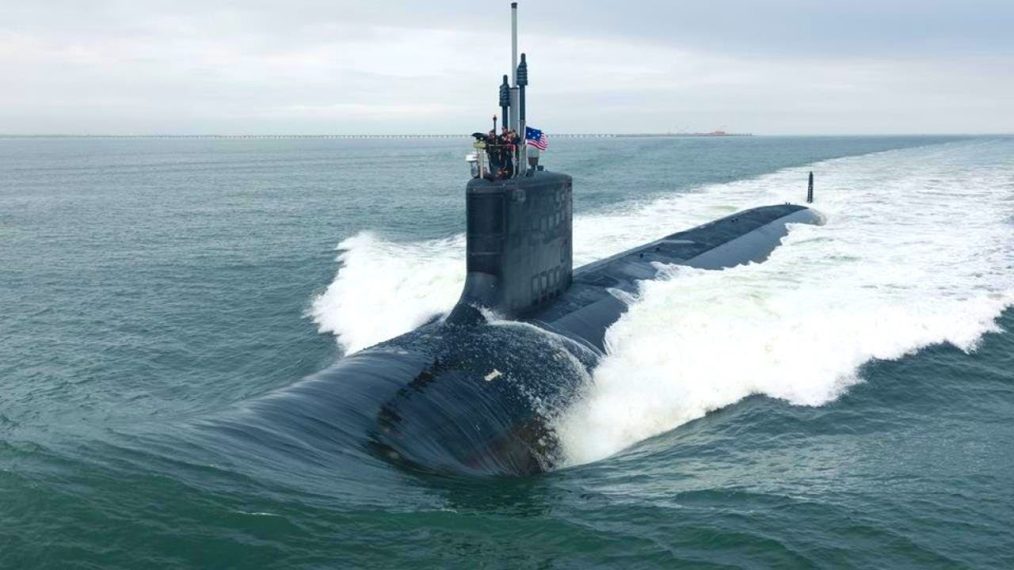
Time to Get Serious About Defence
eWise Blog
Australia has long maintained a peculiar approach to national defence and how we honour those who serve. On one hand, we spend generously on symbolic gestures — such as lavish upgrades to national monuments — while frequently failing to provide practical and timely support for veterans. This inconsistency points to a deeper issue: a national reluctance to fully engage with the serious, long-term responsibilities of defence planning and investment.
For decades, Australia rested on the assumption that major conflict was unlikely, and that our alliance with the United States would keep us safe. During this long period of peace and prosperity, questions of defence posture were left largely to defence experts and academic debate. Should we focus on defending the continent’s north, or project force abroad as part of broader international coalitions? Few outside the defence community paid close attention.
The world has changed. Strategic tensions in the Indo-Pacific have escalated. The war in Ukraine reminded us that conventional conflict is not a relic of the past. In this shifting environment, the AUKUS partnership emerged as a symbol of a renewed commitment to collective security. It offered access to cutting-edge military technology and tighter defence ties with the United Kingdom and the United States. However, while AUKUS presents significant long-term strategic benefits, it also comes with enormous costs — particularly in relation to nuclear-powered submarines.
Despite the cost, both major political parties signed up with minimal public debate. Critics have questioned the wisdom of committing so heavily to a single capability and the risk of narrowing our strategic options. Yet the broader issue remains: are we willing to fund our own defence, or will we continue to rely on others?
One side of politics has now proposed increasing defence spending to 2.5 per cent of GDP within five years and 3 per cent within a decade. This contrasts with the current government’s slower increase to 2.3 per cent over the same period. While there is no magic number, 3 per cent is fast becoming the benchmark among serious defence nations. In the face of regional instability and a less reliable United States, the time for hesitation is over.
Spending more on defence, however, requires choices. Australia’s current defence budget is constrained, and the bulk of new spending is being funnelled into two key projects: nuclear submarines under AUKUS and the general-purpose frigate program. This narrow focus leaves little room for investment in other vital areas, such as cyber defence, unmanned systems, long-range strike capabilities, and personnel readiness. A better-funded, more balanced force is essential if Australia is to defend its interests and fulfil its international responsibilities.
To achieve this, structural reform of the national budget is unavoidable. Higher defence spending must be matched by either new revenue or significant savings elsewhere. While politically difficult, such a move is necessary. Defence should not be treated as a discretionary extra; it is a core function of government, fundamental to sovereignty and national security.
Part of the solution lies in revisiting Australia’s industrial priorities. For decades, successive governments have supported local defence manufacturing in the name of jobs and self-reliance. However, this approach has often led to cost blowouts, delivery delays, and underwhelming capability. It is time to move away from the illusion of full-spectrum domestic defence production. Australia must focus on areas where it can excel and leverage international supply chains for the rest. Strategic resilience does not require building everything at home — it requires access, speed, and adaptability.
This shift would allow more efficient use of defence funds and ensure that capability, not parochial politics, drives procurement decisions. It would also make room for investment in emerging domains, such as space and autonomous systems, where Australia has the potential to play a leading role.
None of this can happen without a clear, bipartisan strategy. Defence policy must rise above short-term politics and become a national priority, grounded in realism and shared responsibility. The stakes are simply too high to continue drifting.
Australia can no longer afford to sleepwalk through defence policy. Honouring those who serve means giving them the tools, support, and leadership they deserve. And it means accepting that serious defence requires serious commitment — and serious funding.



